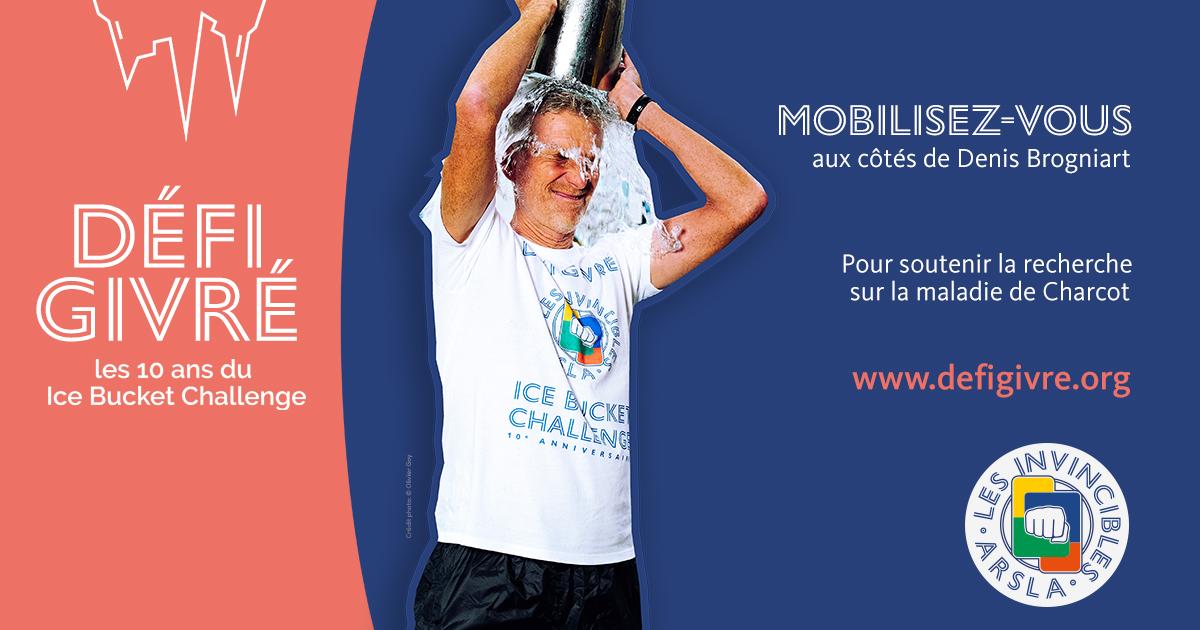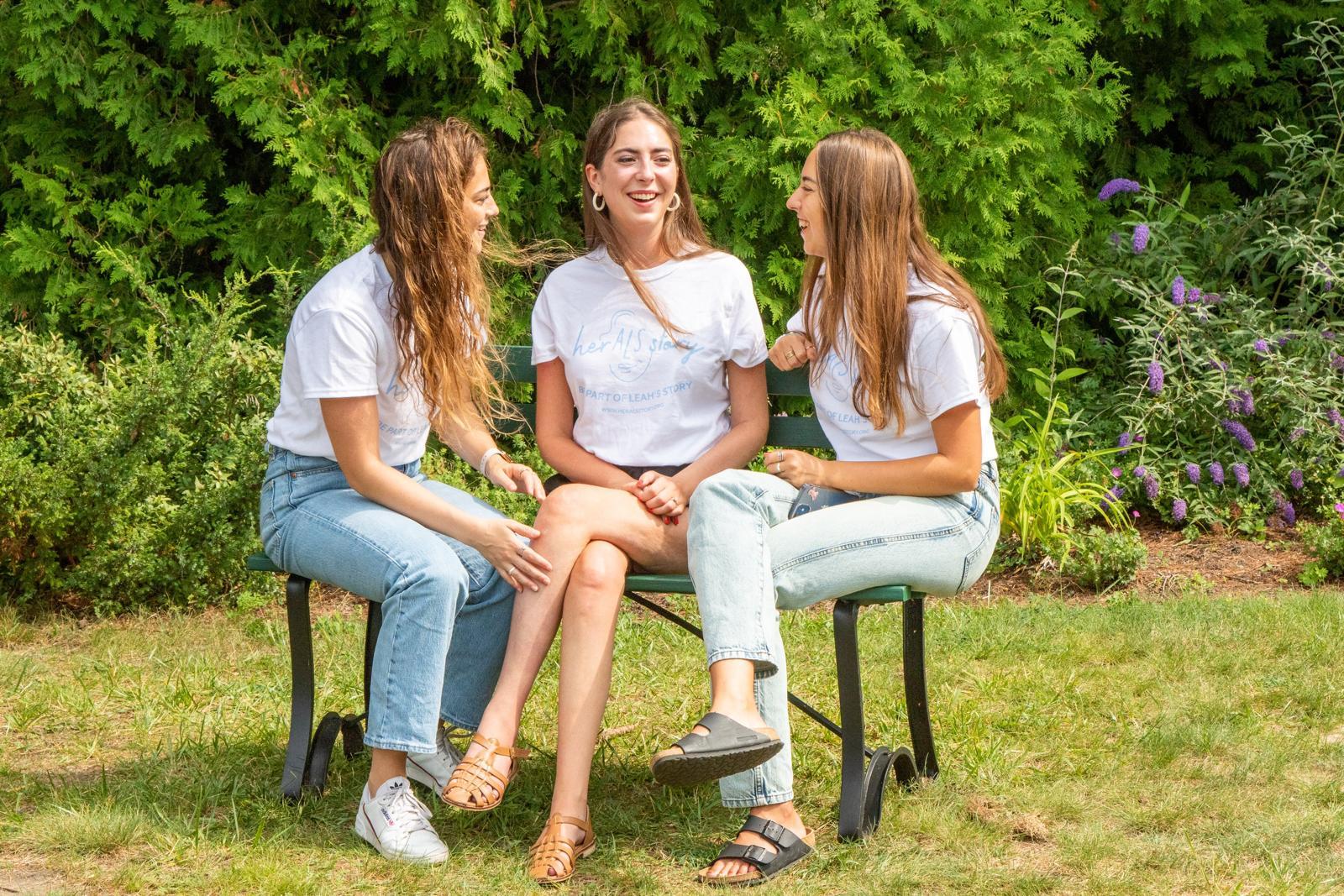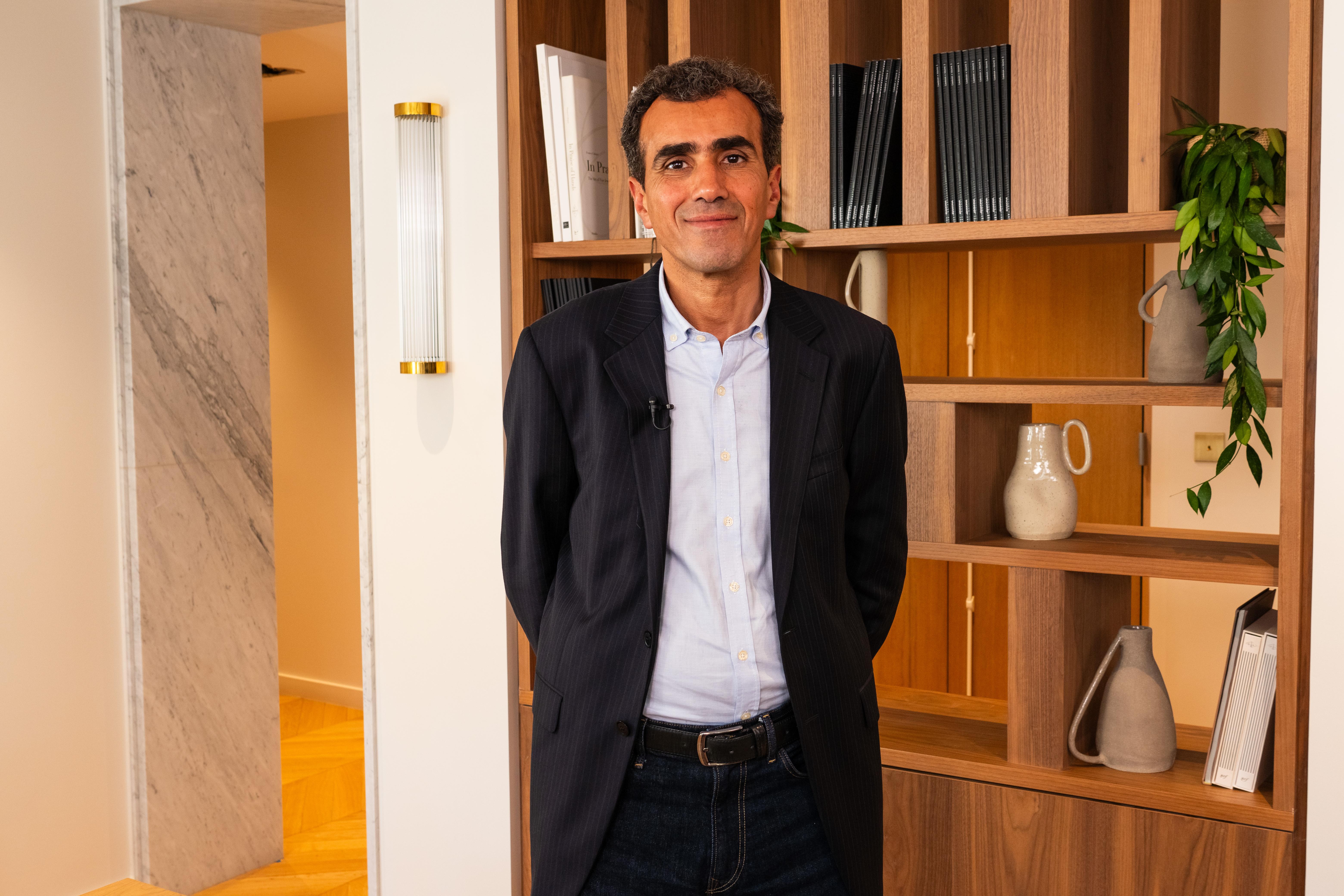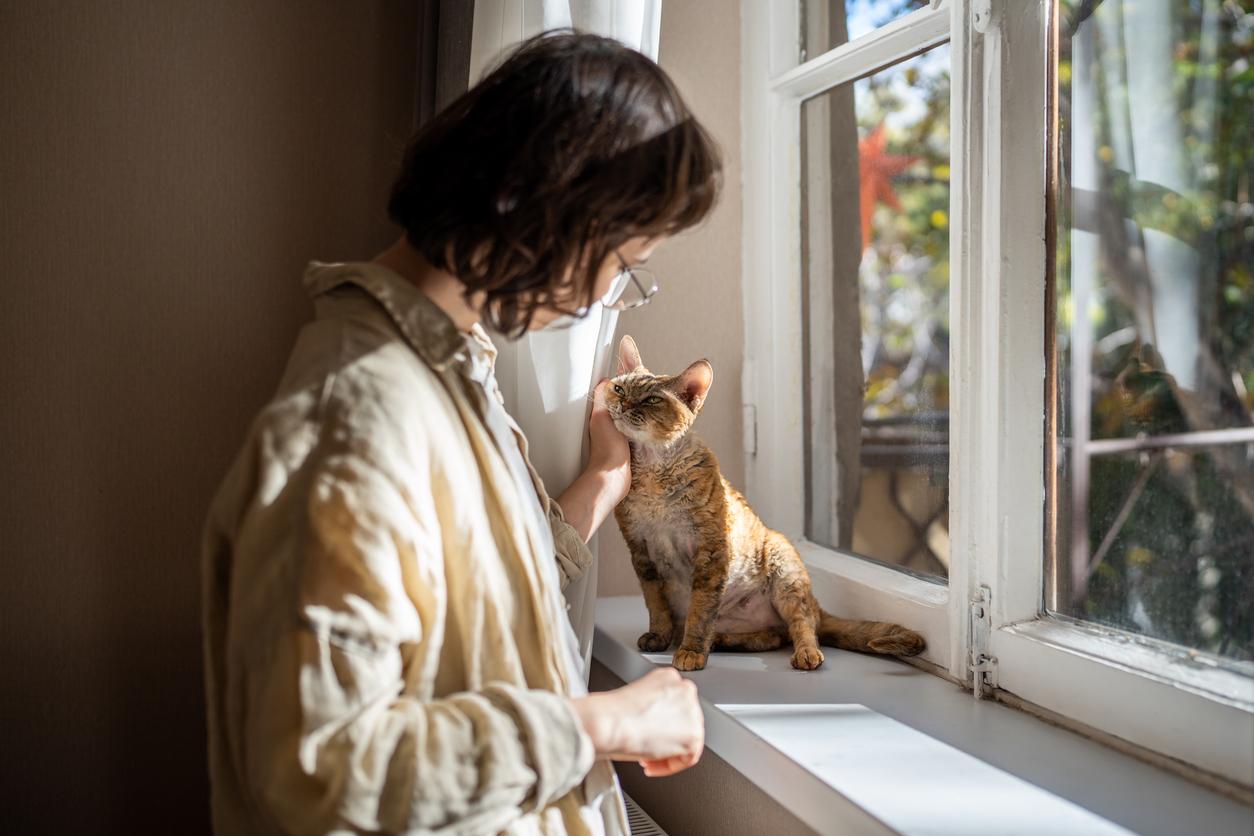Christophe Malsot learned that he had Amyotrophic Lateral Sclerosis (also called Charcot’s disease) in 2021. He spoke about his fight against this pathology which is gradually paralyzing him.
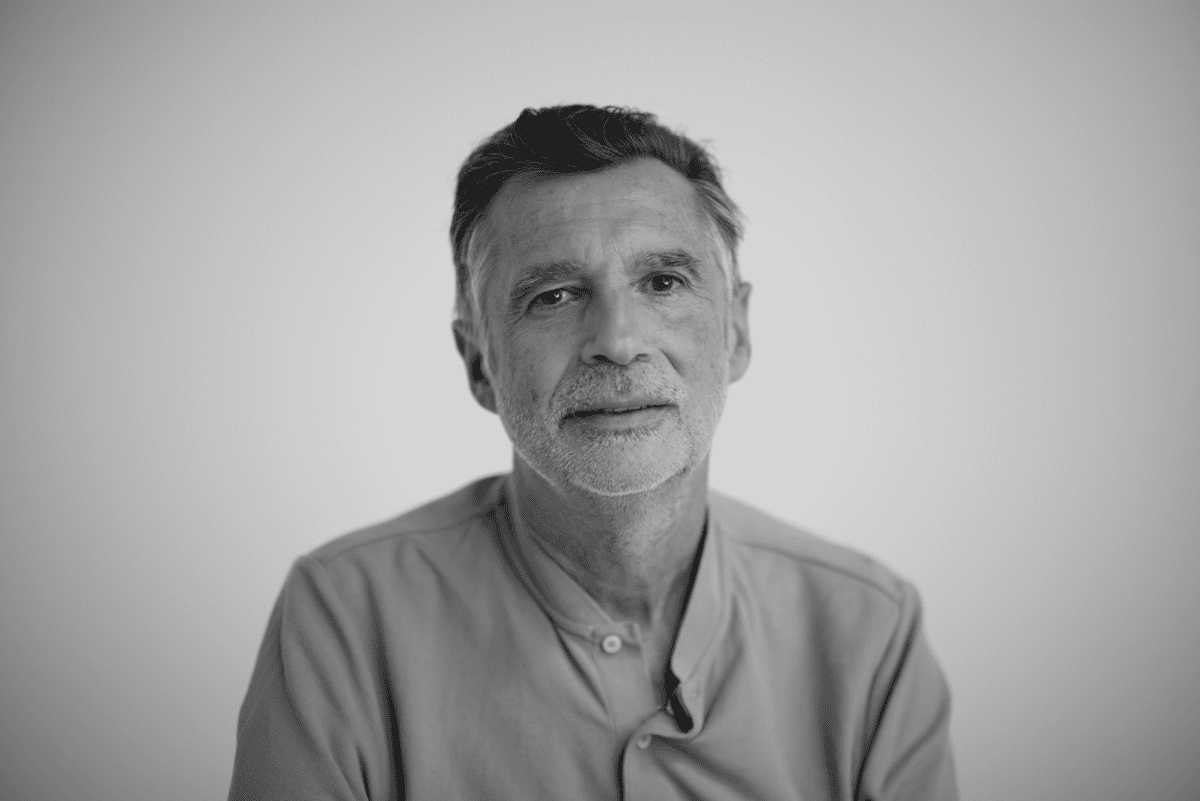
- Christophe Marlsot was diagnosed with ALS in 2021 after two years of examination.
- His first symptoms were unexplained muscle contractions in his legs.
- Despite his illness, he managed to maintain his professional activity. This allowed him to “build himself outside of the illness”.
“Receiving a diagnosis of Lou Gehrig’s disease is very powerful, because when they tell you: “you have ALS”, they are really telling you: you are going to die.”explains Christophe Malsot. This Franco-Swiss, suffering from this degenerative pathology also called Amyotrophic Lateral Sclerosis (ALS), heard these words in 2021 after two years of examinations and tests to try to find an explanation for the unexplained muscle contractions that appeared in his legs.
ALS: “It felt like my muscles were vibrating”
Christophe remembers that in 2019, when he was 54, his legs started moving on their own. “It felt like my muscles were vibrating. This went on for several months before I decided to go see my doctor.” Despite the prescribed treatment, no improvement was noted. His GP then advised him to have tests done at La Salpêtrière. “So at the end of the year I ended up in the hospital for some tests. But nothing really came of it at that point. That’s the difficulty with this disease, it’s hard to get a diagnosis.”
The tests continued over the months and years, and it was not until February 2021 – two years after the first symptoms appeared – that the official diagnosis of ALS was made. “Well before the diagnosis, I knew there was a serious problem. I was falling regularly. And having informed myself about the different possible diagnoses, I already knew and had already integrated it”recognizes the fifty-year-old.
What was a real ordeal for Christophe was sharing this diagnosis with his loved ones. “I also, I admit, dodged the issue and delayed the announcement as much as possible so as not to impact them too much. But after a few months, I was obliged to tell them.” Their lives, like his, have been turned upside down.
“With ALS, in addition to telling you that there is no hope, you gradually lose your abilities and your autonomy. This impacts your health, your family, your work… but also your finances, because there are many adjustments to be made to your home. There are enormous repercussions around you.”
Charcot’s disease: “moving helps me stay on the side of life”
“Being in a wheelchair for two years, I’ve accepted that. Not being able to walk anymore, I’ve accepted that. But what still bothers me today is, for example, not being able to ride a motorbike anymore. I’ve spent my life on motorbikes, not being able to ride one anymore is very difficult. Losing your independence is very complicated: not being able to scratch your face, take a beast off your sleeve, not being able to shave, wash yourself… It’s very difficult to accept.”
But despite these difficulties, Christophe focuses on the positive and what helps him continue his fight for life: his children, his family, his friends, but also “the empathy of my colleagues as well as the meetings and discussions with my clients”.
Indeed, thanks to the support of his employer and his teams, Christophe manages to carry out his activities as sales director for part of Europe within a company offering home automation products.
“While we work for companies and hotels, we have also developed solutions for homes and people with disabilities. For example, controlling lights or the television with your eyes. I didn’t think I would find myself in a situation where I would use them. These are the coincidences of life.”
For the fifty-year-old, managing to stay in the world of work is a real stroke of luck. “It keeps my mind busy and keeps me from thinking about my daily situation. Continuing to work allows me to build myself outside of the illness. I have met other patients who have not been so lucky.”
In addition to his surroundings and work, another thing helps him to maintain himself: travel and trips. “Last week, I went to the Handica show in Lyon for work. Now, I’m back in Switzerland to meet clients. This requires logistics of course, I have a carer with me all the time, I have a vehicle fitted out with an access ramp… but moving helps me to stay on the side of life.”
End of life: “paradoxically, it helps me to live…”
The end of life, Christophe thought about it.I will continue to fight to live as long as I can and as long as my quality of life allows me to enjoy myself. But if tomorrow I could no longer speak or share things with those around me, the end of life would apply to me too.”
If that day comes, his dual nationality and Swiss legislation offer him the possibility of being able to turn to supervised assisted suicide. But this path to Swiss soil is not easy for everyone, he is aware of that. This is why he deplores the halt given to the text on the end of life which was being studied by the National Assembly.
“Of course, the goal is to keep people alive and working so that they can do so decently. But from the moment when unfortunately there is no longer any possibility and people are suffering, we must allow them to leave with dignity.”
“I recognise that it is not easy to integrate this, but we must ratify the law in France so that we can move on and concentrate on improving the care and well-being of patients.”
For him, the end of life is also a tool that can reassure and help patients in their daily struggles.Personally, if I didn’t have the possibility of turning to Switzerland, I would be much more anxious when thinking about the future. Here, I am holding on, I am fighting, but if one day it is no longer possible, I know that I have the possibility of leaving with dignity surrounded by my loved ones. Paradoxically, knowing this helps me to live and to hold on…”
ALS research: “so that patients no longer hear: you are going to die”
“It’s been 140 years since Dr. Charcot brought this degenerative pathology to light, but there hasn’t been much progress since then… whether in terms of explanations or medically”deplores Christophe. To be in action, he got involved with the Association for Research on ALS (ARSLA) whose objective is to promote access to care for patients, but also to support research.“We hope that research will progress so that patients no longer hear: you are going to die when they are diagnosed with ALS.”explains the Franco-Swiss.
In addition to speaking out about Charcot’s disease to make it known to as many people as possible, Christophe has also given of himself by joining a US research protocol for two years. Of course, the results have not been there, but the fifty-year-old continues his efforts to fight against this pathology that attacks motor neurons. “I know that my work is not for me. But if in the years to come, people with ALS do not find themselves in my situation, that will be a great victory.”











-1721998247.jpg)

